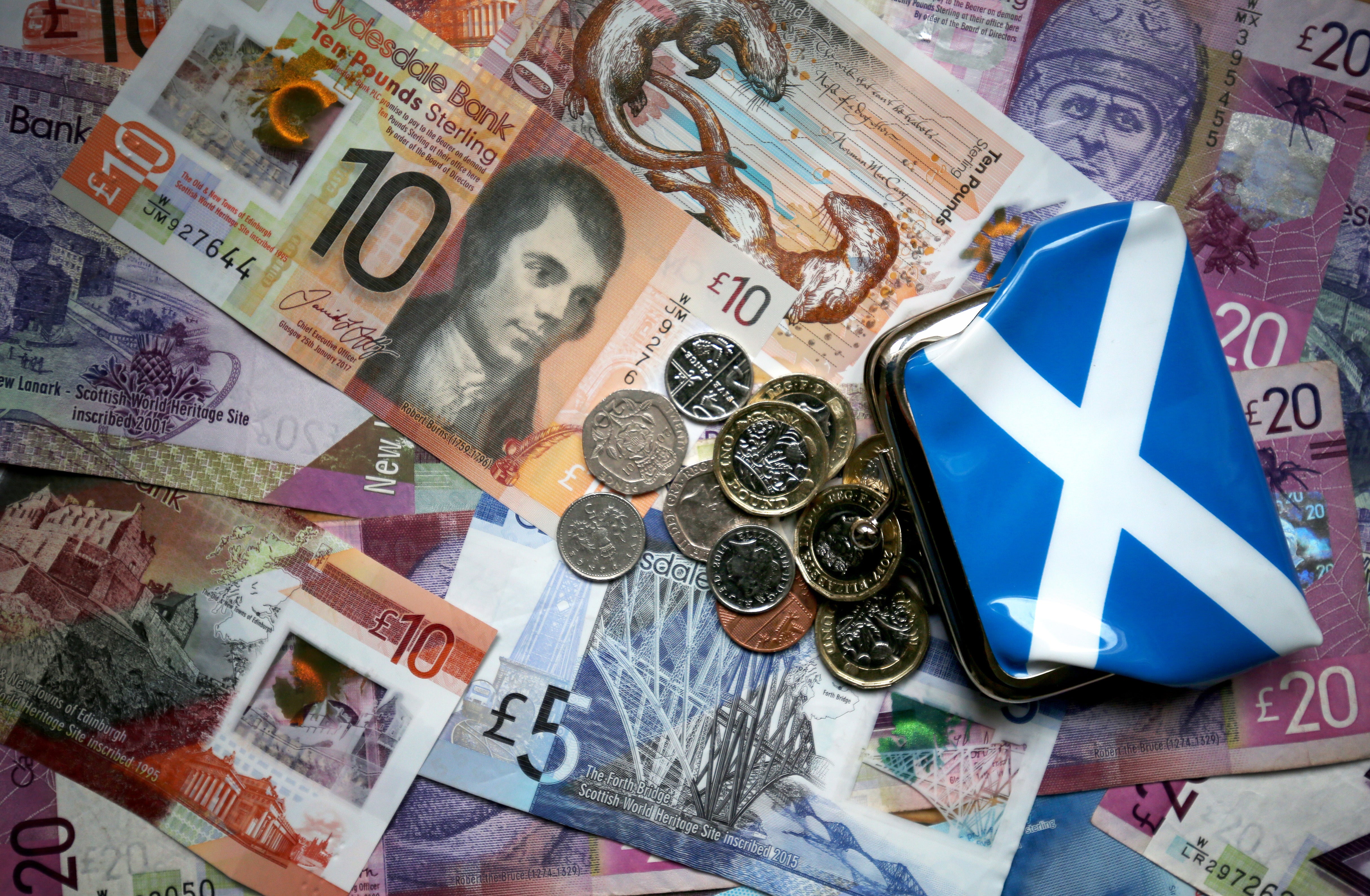Kwarteng’s mini-budget creates further tax divergence between Scotland and UK
The Chancellor scrapped the top rate of income tax for the rest of the UK, and reduced the basic rate to 19p in the pound.

Your support helps us to tell the story
From reproductive rights to climate change to Big Tech, The Independent is on the ground when the story is developing. Whether it's investigating the financials of Elon Musk's pro-Trump PAC or producing our latest documentary, 'The A Word', which shines a light on the American women fighting for reproductive rights, we know how important it is to parse out the facts from the messaging.
At such a critical moment in US history, we need reporters on the ground. Your donation allows us to keep sending journalists to speak to both sides of the story.
The Independent is trusted by Americans across the entire political spectrum. And unlike many other quality news outlets, we choose not to lock Americans out of our reporting and analysis with paywalls. We believe quality journalism should be available to everyone, paid for by those who can afford it.
Your support makes all the difference.Taxpayers in Scotland face higher tax bills than those in England after Friday’s so-called mini-budget created further tax divergence between Scotland and the rest of the UK.
Chancellor Kwasi Kwarteng announced a cut in the basic rate of tax to 19p in the pound and the scrapping of the top rate of income tax.
These changes have no impact on income tax rates in Scotland, which are set by the Scottish Government, but further increase the divergence between the amount paid north and south of the border.
As a result of the change, Sean Cockburn, the chairman of the Chartered Institute of Taxation’s (CIOT) said the Scottish minister “will be unable to say that some Scots face lower tax bills compared to the rest of the UK”.
“We won’t know how the Scottish Government intends to respond until later this year so, absent this detail, it raises the prospect that all Scottish taxpayers earning more than £14,732 will now pay more income tax compared to taxpayers in the rest of the UK,” he said.
“As an illustration, someone in Scotland earning £27,850 would have paid the same amount of tax as someone living in the rest of the UK this year. The changes announced by the Chancellor mean that from next year, they would pay £152.80 more.
“The abolition of the additional rate tax raises the prospect of significant income tax divergence for taxpayers with income above £150,000.
“In Scotland, the top rate of tax, as it’s called, is charged at 46p. Someone earning £200,000 next year (in Scotland) would pay £6,045.80 more in income tax compared with someone in the rest of the UK.”
The Scottish Government is not able to make in-year changes to tax rates, meaning the draft budget in December will be the next opportunity for such a change.
But First Minister Nicola Sturgeon appeared to signal her opposition to tax cuts, posting on Twitter: “A UK gov ‘budget’ that benefits wealthiest over poor/middle income earners, tanks the £, pushes up the cost of (v substantial) borrowing, and is castigated as reckless.
“And yet Tories (& right wing commentators) will demand that @scotgov blindly follows suit. Mmm…”
Scottish Tory finance spokeswoman Liz Smith called on the Scottish Government to match the tax cuts.
“It is wrong that Scots already pay higher tax than their counterparts in the rest of the UK and, unless the SNP match these tax cuts, that gap is going to widen, which will further hamper Scotland’s already poor productivity and competitiveness,” she said in a statement after the plans were announced.
“The Scottish Conservatives welcome the Chancellor’s growth strategy and, especially, the cut to 19% for the basic rate of income tax.”